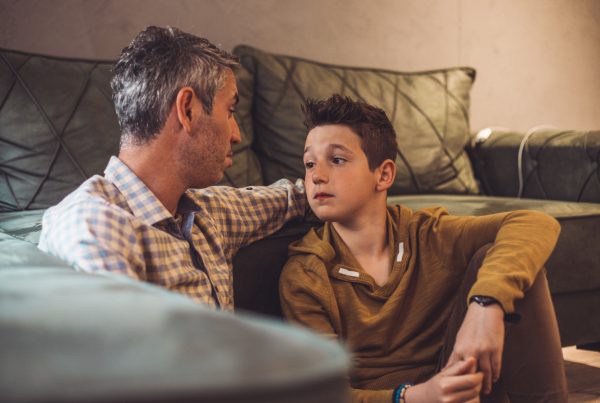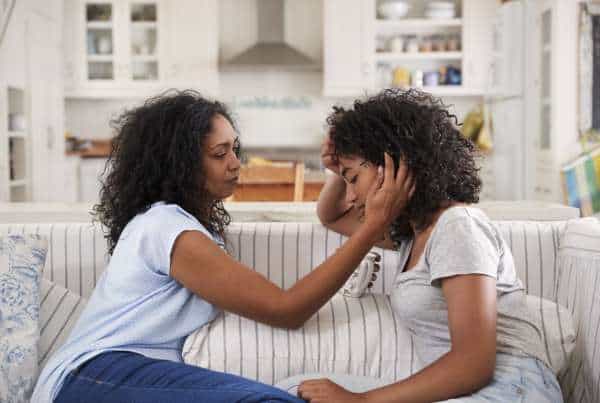The most important thing I have had to accept since being in Dual diagnosis treatment is that I have to have a lot more patience with myself than I am used to. I have had to learn to forgive myself for not being perfect. I think going into treatment, both the teen and the families can fall into thinking that the teen will emerge “cured”. In my first few months home in Orange County, California, any time I felt weird or had an emotional day, all of us would get worried that everything was unraveling. What I have learned, is that that just isn’t true. I can have bad days, and I can have good days. A bad day doesn’t mean I’m not recovering.
I can feel discouraged from time to time but the most important thing is that I pick myself up and keep moving forward. This is recovery to me- to be able to keep making the effort regardless of how I feel. I have had to redefine my definition of success. In treatment, I learned how to believe in myself, even when the going gets rough, and to use the tools given to me. The tools aren’t there for perfect days- they’re there for challenges and for growth, and growth is sometimes awkward and uncomfortable. I made a commitment to myself to change my life, and thanks to that, regardless of how difficult the changes may be, I have maintained the willingness to keep growing. It’s not something I can really explain to my family, and in the beginning, that was really frustrating. I realized that I just had to show people my commitment to change, by continuing with the process long after treatment ended. That’s the neatest gift I’ve received: the ability to keep using these tools for years after I was introduced to them.if you have a loved one that needs to be introduced to these tools please contact us at adolescent dual diagnosis treatment.







